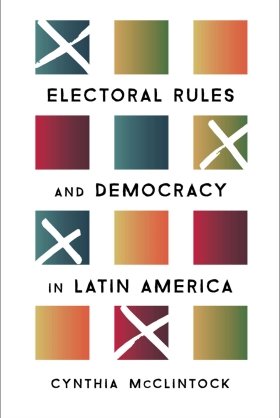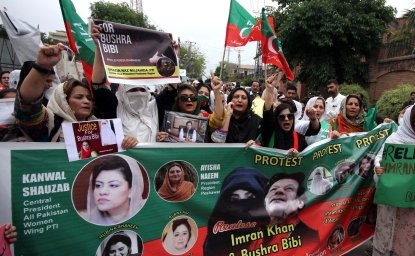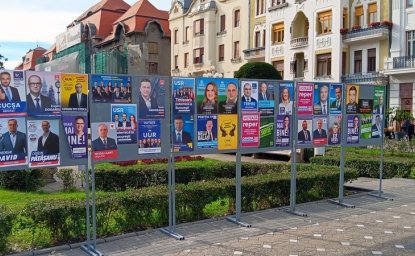Electoral Rules and Democracy in Latin America



During Latin America’s third democratic wave, a majority of countries adopted a runoff rule for the election of the president. This book is the first rigorous assessment of the implications of runoff versus plurality for democracy in the region. Despite previous scholarly skepticism about runoff, it has been positive for Latin America, and could be for the United States also. Primarily through qualitative analysis for each Latin American country, the author explores why runoff is superior to plurality. Runoff opens the political arena to new parties but at the same time ensures that the president does not suffer a legitimacy deficit and is not at an ideological extreme.
By contrast, in a region in which undemocratic political parties are common, the continuation of these parties is abetted by plurality; political exclusion provoked disillusionment and facilitated the emergence of presidents at ideological extremes. In regression analysis, runoff was statistically significant to superior levels of democracy. Between 1990 and 2016, Freedom House and Varieties of Democracy scores plummeted in countries with plurality but improved in countries with runoff. Plurality advocates’ primary concern is the larger number of political parties under runoff. Although a larger number of parties was not significant to inferior levels of democracy, a plethora of parties is problematic, leading to a paucity of legislative majorities and inchoate parties. To ameliorate the problem, the author recommends not reductions in the 50% threshold but the scheduling of the legislative election after the first round or thresholds for entry into the legislature.
Author

Department of Political Science, George Washington University

Latin America Program
The Wilson Center’s prestigious Latin America Program provides non-partisan expertise to a broad community of decision makers in the United States and Latin America on critical policy issues facing the Hemisphere. The Program provides insightful and actionable research for policymakers, private sector leaders, journalists, and public intellectuals in the United States and Latin America. To bridge the gap between scholarship and policy action, it fosters new inquiry, sponsors high-level public and private meetings among multiple stakeholders, and explores policy options to improve outcomes for citizens throughout the Americas. Drawing on the Wilson Center’s strength as the nation’s key non-partisan policy forum, the Program serves as a trusted source of analysis and a vital point of contact between the worlds of scholarship and action. Read more

Explore More
Browse Insights & Analysis
Did the 20th Century Just End? One Historian’s Perspective

Political Turmoil in Pakistan: No End in Sight

Romanian Court Annuls Presidential Election Results Following Russian Interference Allegations
